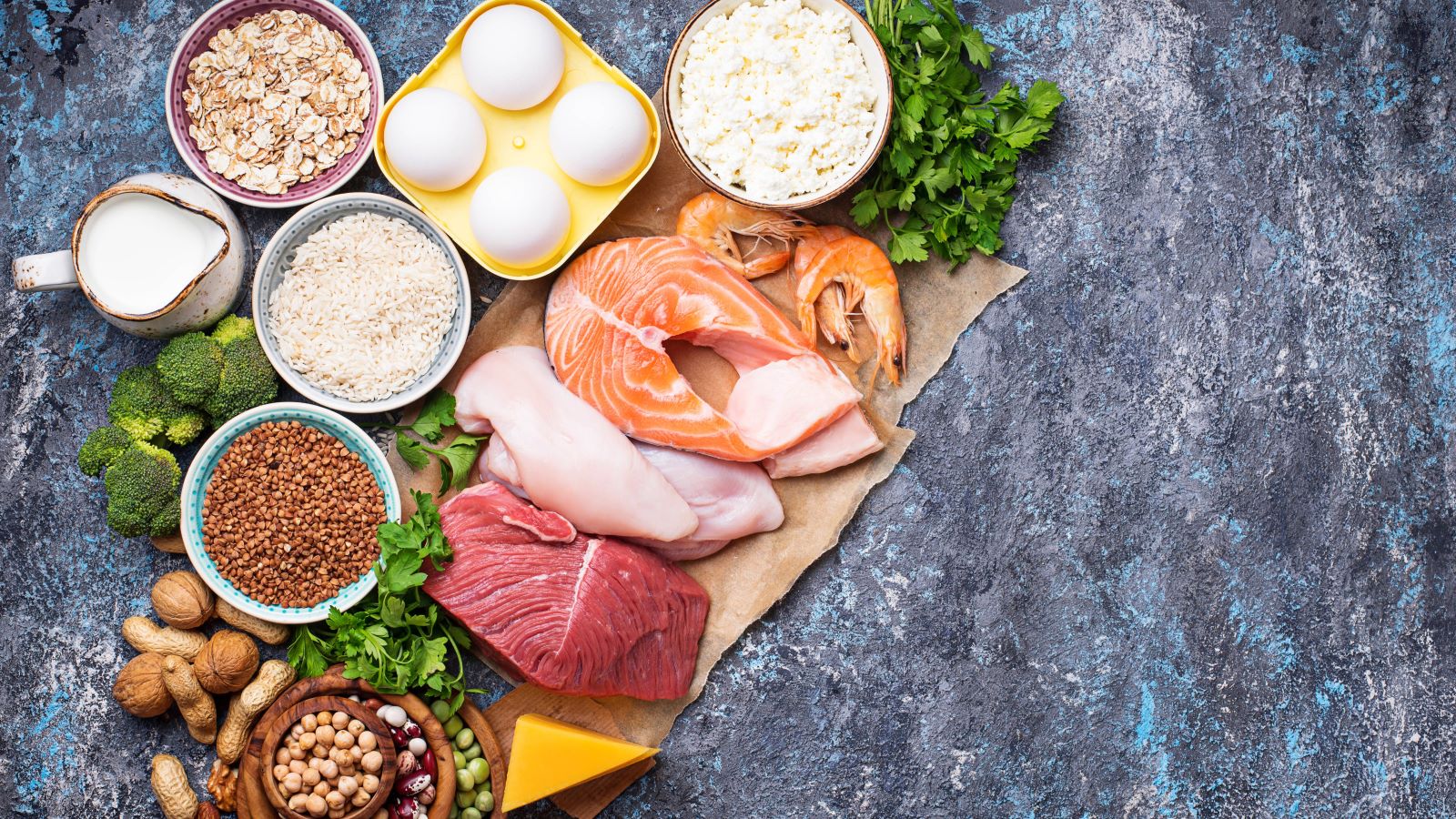<< Back
What to Eat After Bariatric Surgery

November 22, 2023
Bariatric surgery may seem like the golden ticket to a healthy weight. But much like your life before surgery, it’s important to watch what you eat in order to meet your goals.
“What people eat afterward is incredibly important. Diet is everything,” says Mia Shapiro, MD, Hartford HealthCare Medical and Surgical Weight Loss surgeon in Norwich.
So what should you eat after bariatric surgery? Dr. Shapiro explains.
After surgery, you’ll progress back to solid foods, which is when choices become important.
For the first few weeks as the stomach heals, you’ll follow a specific diet that progresses from liquids to pureed foods, then soft foods and, finally, solid foods.
That’s when choices become even more important, says Dr. Shapiro.
“Before surgery, we start patients off with a visit to the dietitian to talk about their eating habits. Understanding what you put in your body is key to success after surgery. We work hard to teach our patients the nutritional value of the foods they consume,” she explains.
> Related: What to Expect Ahead of Weight Loss Surgery
The ideal diet is high in protein, low in carbs.
The team recommends a diet high in protein and low in carbohydrates. It can be vegetable- or meat-based, depending on the patient’s preference.
“Protein is important because it satisfies hunger and has the best staying power of all good foods,” Dr. Shapiro says. “Diets high in protein help increase satiety between meals, preserve muscle mass and promote fat loss over muscle mass.”
Fruit and vegetables are also very important, as are the multivitamins all patients should take to avoid nutritional deficiencies as a result of surgical changes in the digestive system, she says.
The order you eat your food in matters.
The portions you’ll eat after bariatric surgery are very small, and you might find yourself eating more often. Because you can only fit so much at a time, Dr. Shapiro suggests eating things in this order:
- Protein
- Fruits and vegetables
- Carbohydrates like rice, pasta or bread (limit to around 50 grams/day)
“We really discourage carbohydrate-based meals. They are filling and don’t contain many essential nutrients that cannot be provided in other forms,” she adds.
Other foods she recommends against adding to your plate are:
- Sugary foods like cookies or cake
- Juices
- Junk foods such as chips or candy
When in doubt, choose unprocessed foods.
When planning meals, a good rule of thumb is choosing foods that most resemble where they came from, such as chicken breast versus chicken nuggets.
“The more food is processed, the less likely it is to be good for you,” Dr. Shapiro says.
And as for liquids, water is best.
Patients are urged to wait 30 minutes after eating to drink any fluids to avoid filling the small stomach with fluids – she also suggests keeping it basic.
“The healthiest beverage is water. Most patients rely on protein shakes at some point, as well as a variety of flavored, sugar-free waters. But, I still think the goal should be eating your protein as much as possible,” she notes.
As for alcohol? It’s not recommended because the body processes and absorbs it differently after surgery, leading to increased rates of alcoholism in our post-surgery population.
The ultimate goal is sustained weight loss.
“These are all recommendations we believe will help lead to sustained weight loss. That said, we know patients indulge once in a while and that’s fine. It’s important to not make it a habit because that’s the quickest way back to square one,” Dr. Shapiro says.